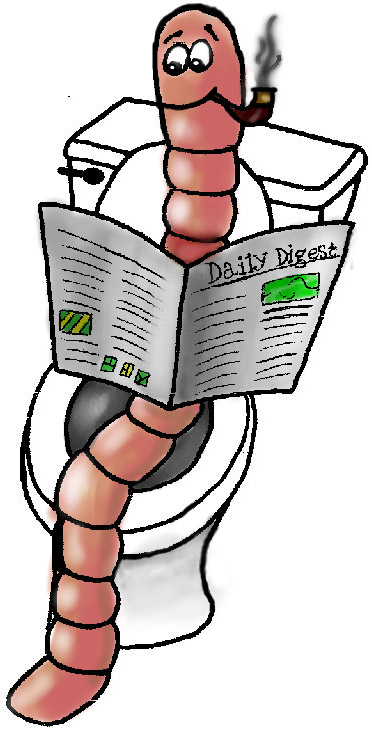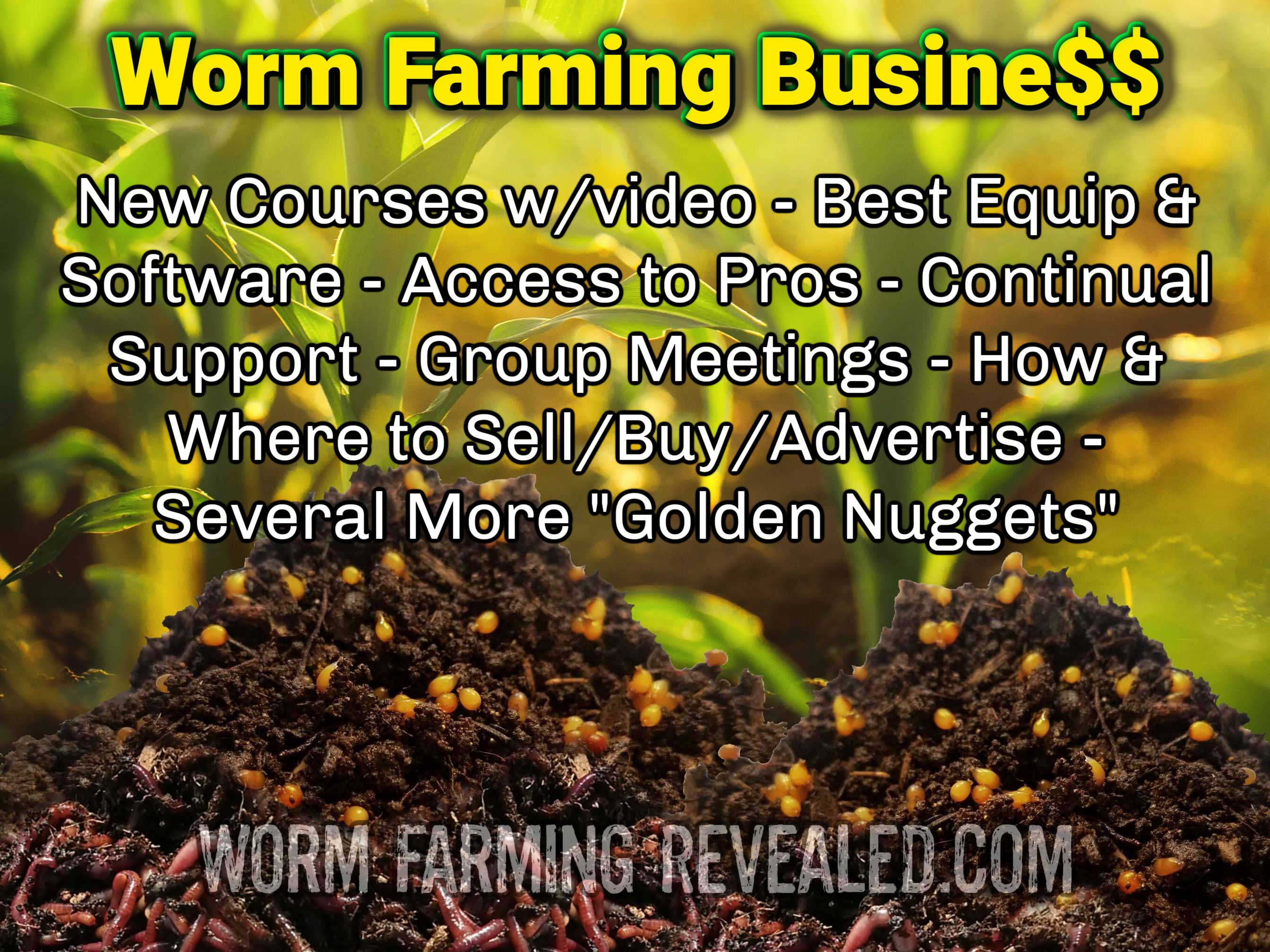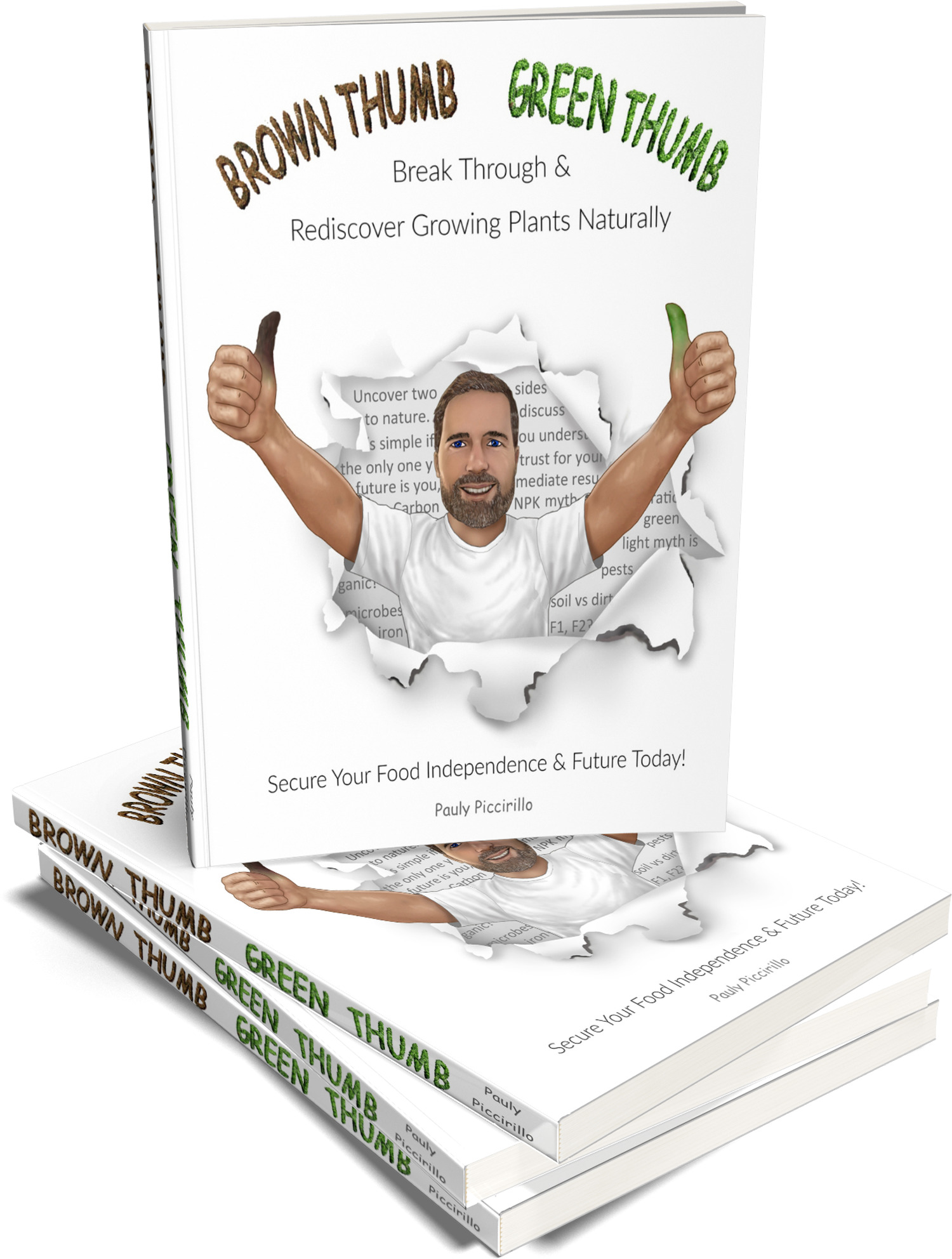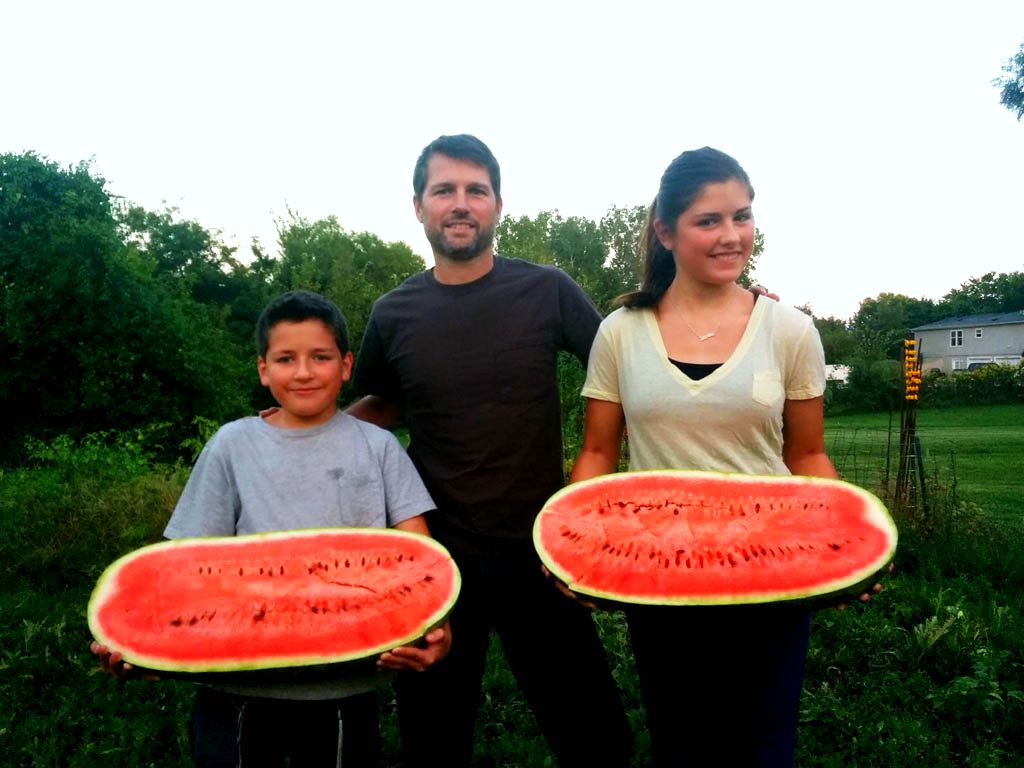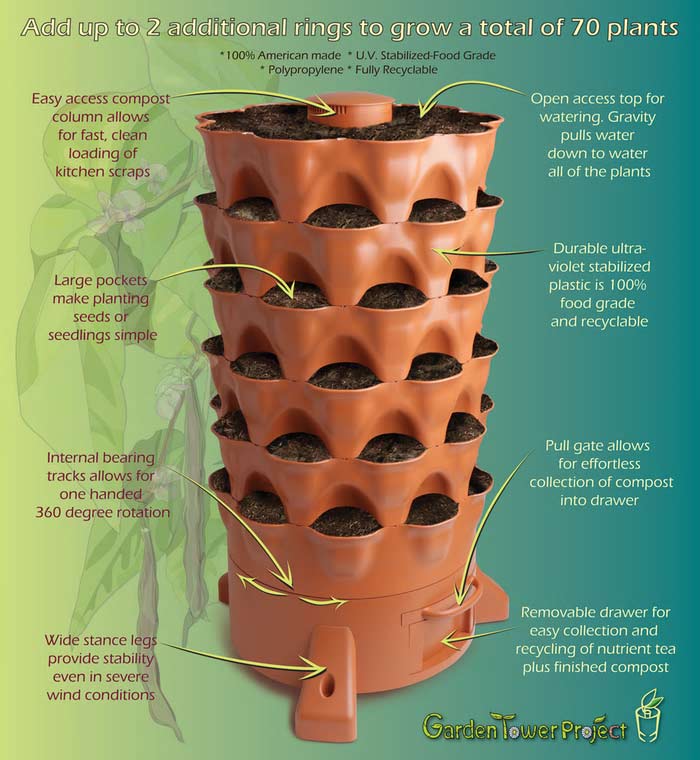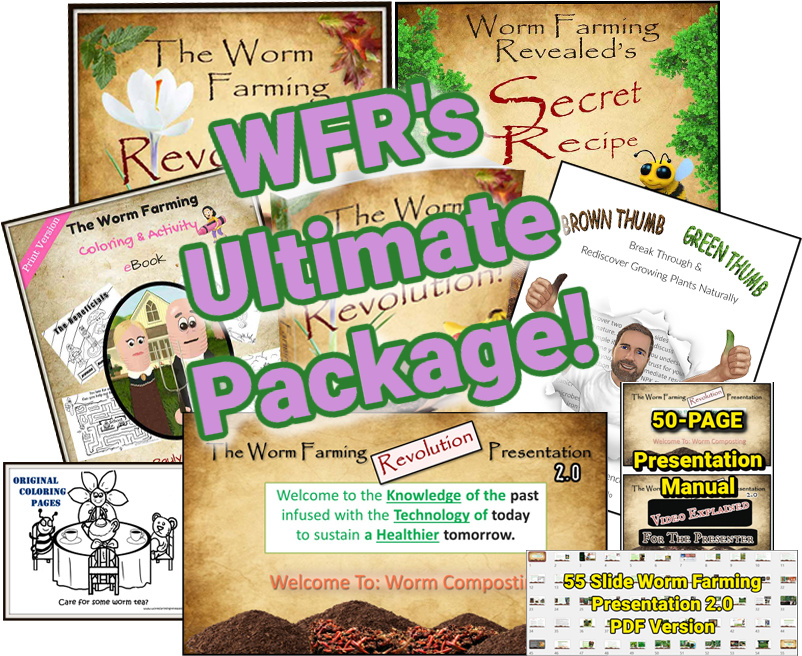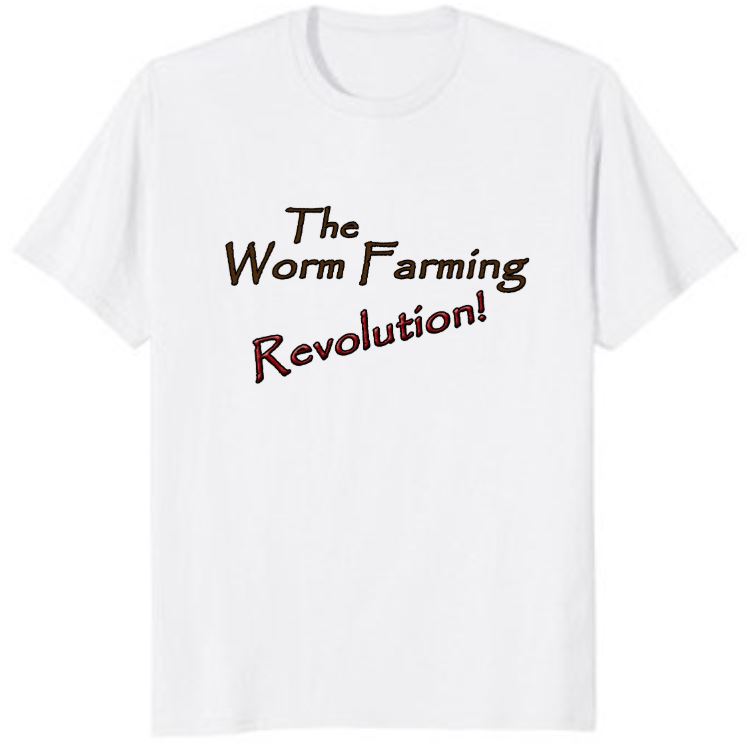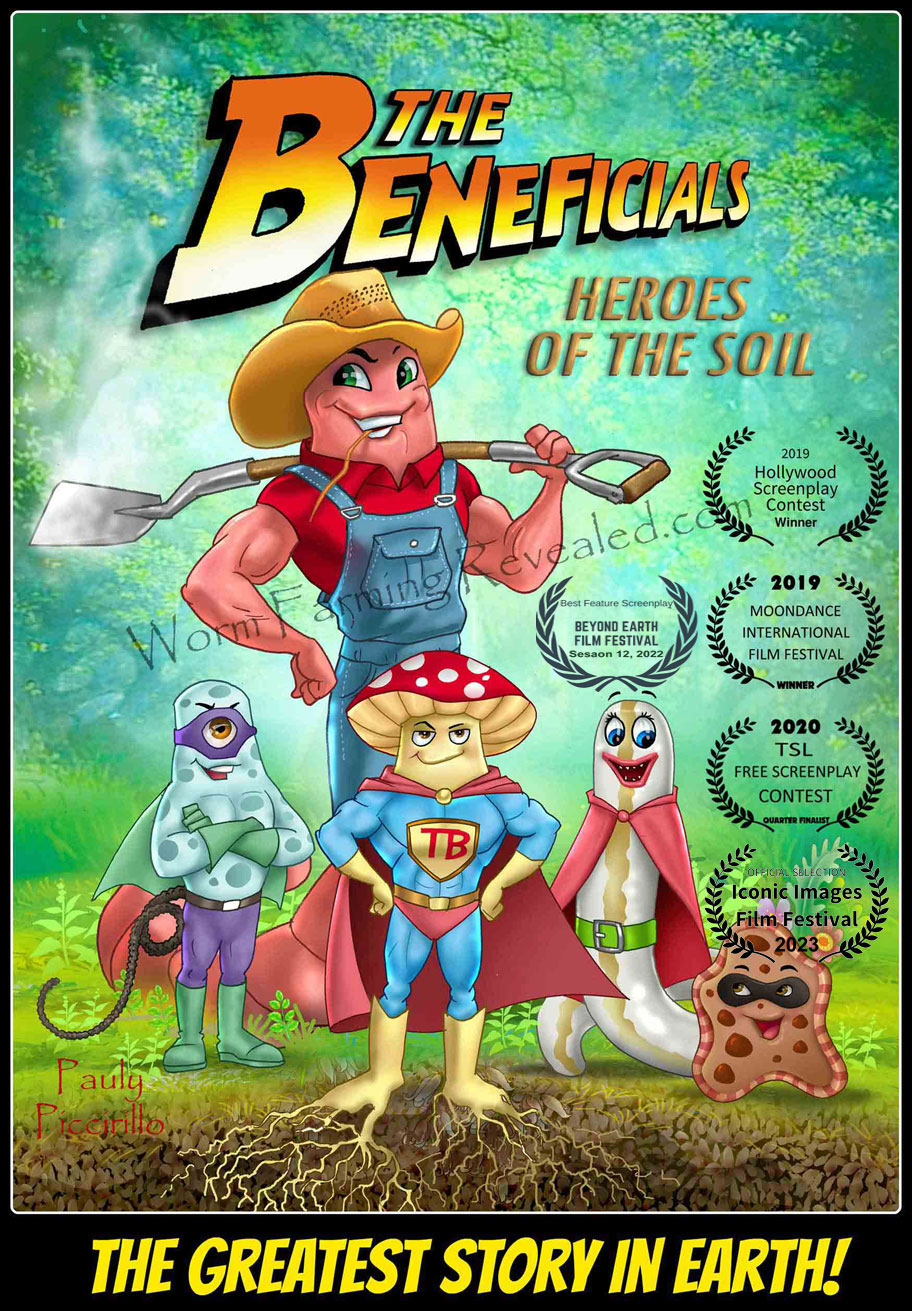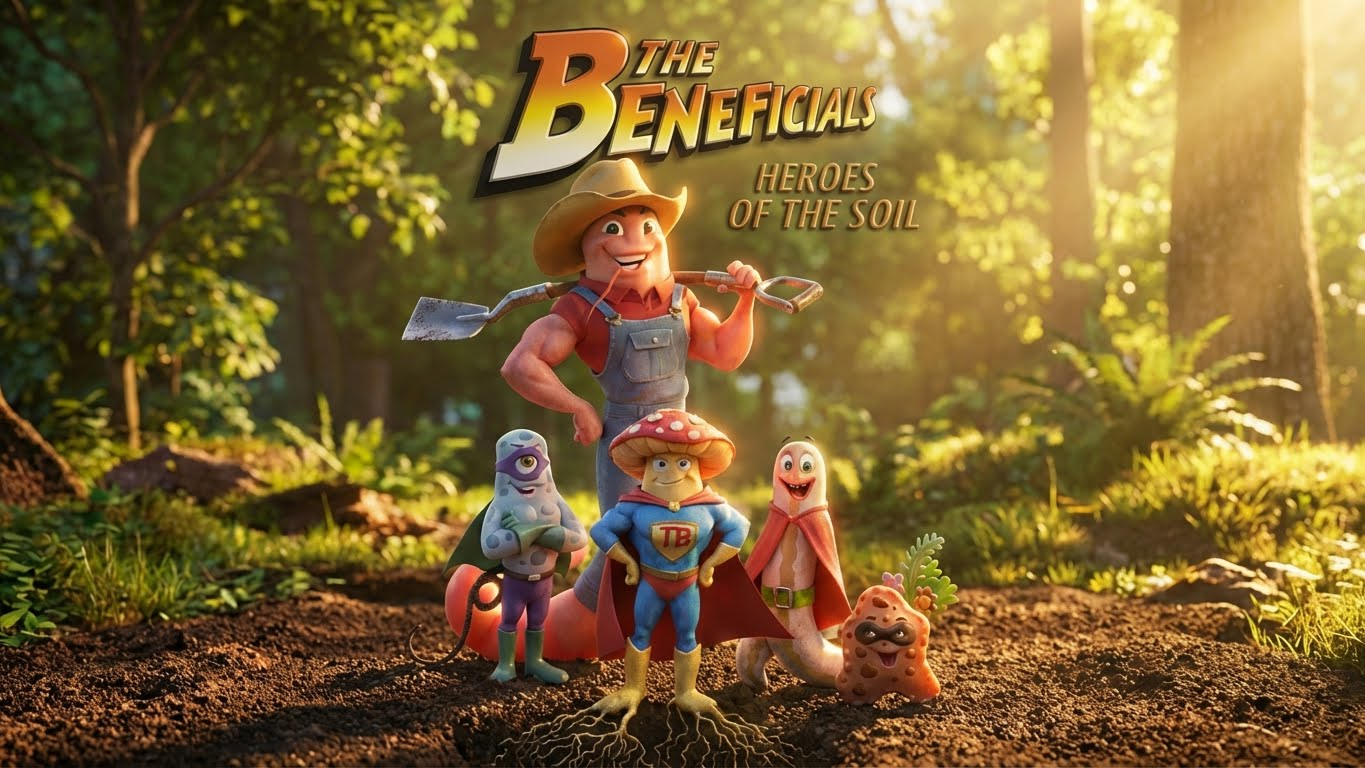Worm Farming Terms You Must Know
Back to TOC
Here are a few worm farming terms that you need to learn before you get too deep into this guide.
|
The Etymology Well, that was pretty simple, but I got to pondering about how we got from vermi to worm. In the 16th century there was sometimes a confusion with the letters v and w. So if you spell the word vermi then replace the v with the w you get wermi. Then, remove the i from the Latin to fit it into the English. You now have werm. According to Webster it was also spelled in O.G. wyrm (serpent) and O.H.E. wurm and now spelled worm. |
You're probably wondering what's this got to do with raising worms?
Well, I'll tell you. Nothing and everything, depending on who you are and it's just fun facts that you and I will probably forget tomorrow.
Vermiculture
This is the artificial rearing or cultivation of worms for a specific purpose. Many worms in various worm species are raised for bait, food, pets, school projects, waste management, and my personal favorite harnessing their excrement.
Vermicompost
In worm farming terms, vermicompost is the product or process of using earthworms, mainly red wigglers (Eisenia Fetida), to consume waste and turn it into a rich soil amendment. Vermicompost contains not only the worms but the bedding materials, organic waste, microorganisms, and worm castings.
Vermicastings
Vermicastings (worm castings) is simply worm poop. It is the excreted substance that comes (or is cast) out of the back end of the worm. Many purposes of vermicastings are used in household plants, gardens, lawns, and commercial farming.
It's primary purpose is to rejuvenate, or reclaim the spent state of ordinary and chemically fertilized soil to a rich, vibrant and reusable substance. Often times people use this synonymously with vermicompost, but it has an entirely different meaning. This will become useful in the future should you ever have to make a distinction.
Worm Tea
A nutrient rich liquid teaming with beneficial microbes for the use of feeding and maintaining healthy plants including their root systems.
The "worm tea" comes from a process in which the vermicastings are steeped in a highly oxygenated water supply in order to multiply the beneficial organisms which are essentially food for the plants.
There are several pages of terms in the Book.
Okay, Ready to move on? Click the link below.
Go to Worm Species Next
OR
Return from Worm Farming Terms to Beginning
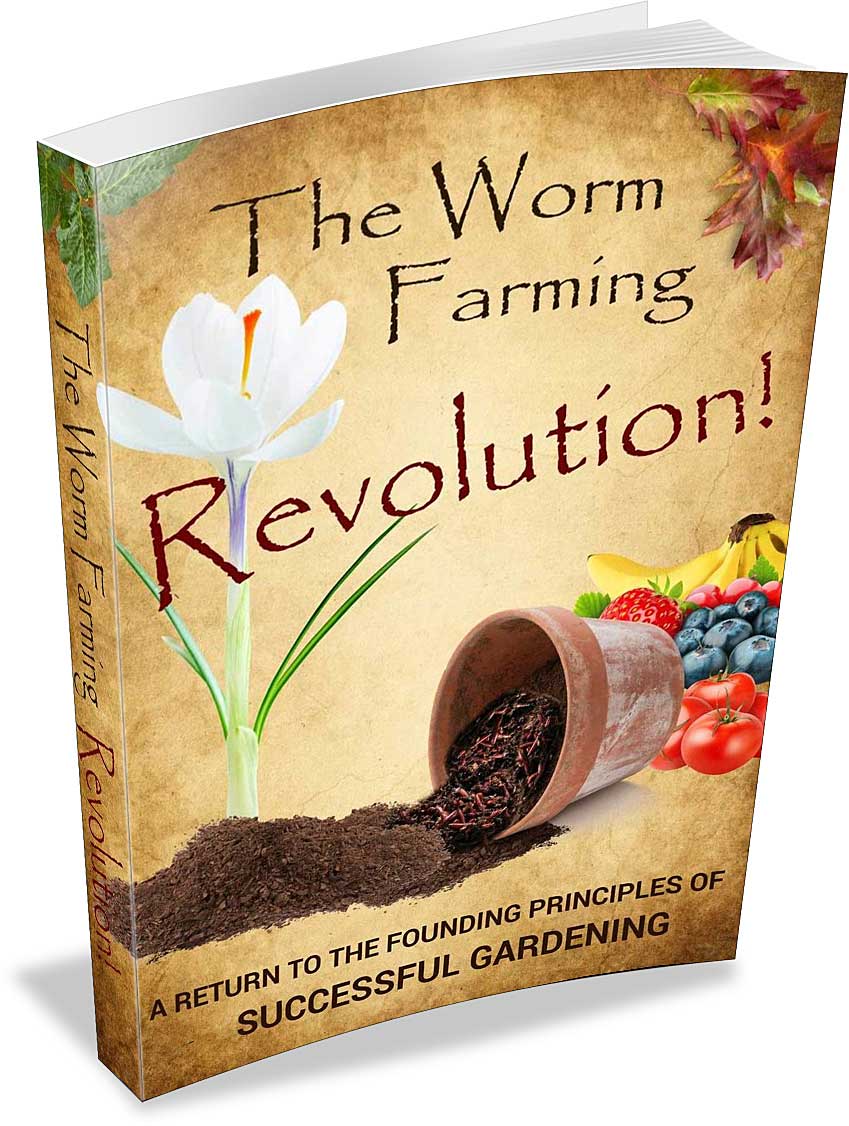 Paperback or eBook |
Like what you read so far? There's a whole lot more on this topic. Over 270 pages
of worm composting information from making worm tea to raising 6
different worm species for gardening, fishing, or your recycling needs. Get it & Read it Today! |
